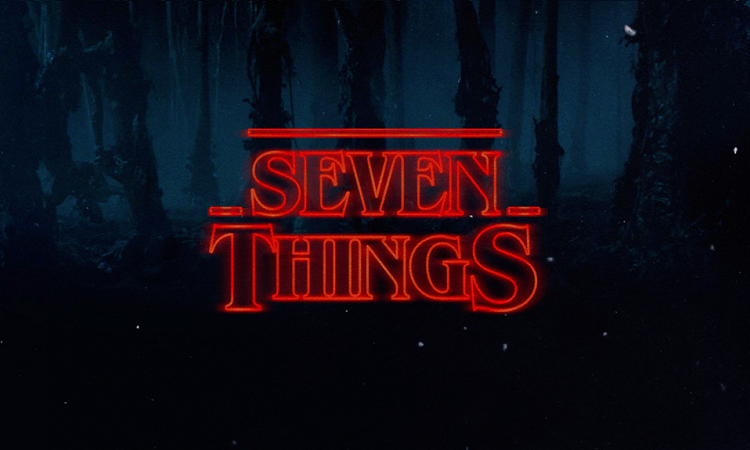Actress Brie Larson recently pricked the conscience of the film industry when she used her acceptance speech at the 2018 Crystal + Lucy awards to challenge the lack of diversity of film reviewers.
Larson, who plays the titular role in the upcoming Captain Marvel movie, said she didn’t need “a white dude to tell me what didn’t work for him about ‘[A] Wrinkle in Time.’”
“It wasn’t made for him,” she said. “I want to know what that film meant to women of color, to biracial women, to teen women of color, to teens that are biracial. And for the third time, I don’t hate white dudes. These are just facts, these are not my feelings.”
The facts Larson cited were from a recent survey by the University of Southern California Annenberg Inclusive Initiative. Not surprisingly, the group found that film critics are overwhelmingly white and male.
Of the nearly 20,000 reviews of the 100 top-grossing movies of 2017 posted on the Rotten Tomatoes review-aggregation website, 77.8% were written by men and 22.2% were penned by women. White critics wrote 82% of the reviews while critics from “underrepresented racial/ethnic backgrounds” authored 18%.

White men also had the most to say about movies, according to the Annenberg analysis. In a breakdown by gender and race, white male critics wrote “substantially more reviews” (63.9%) than their white, female (18.1%), underrepresented male (13.8%), and underrepresented female (4.1%), according to the survey.
To echo Larson, I don’t hate white dudes. But the continued dominance of their opinions will determine the shape and tenor of what kinds of movies are made and whose stories are told in an art and commerce that reaches millions of people around the world.
Movies, especially those in well-established franchises whose origin stories began in the childhoods of film reviewers, are increasingly judged by whether its characterization and plot conform to the reviewer’s gauzy nostalgia or fan theories.
Directors, therefore, can become held captive in the sticky web of fan expectation and profit goals rather than being free to experiment with the film’s place in the narrative universe in new and surprising ways.
In a perfect world, the race and gender of a film reviewer wouldn’t matter. A movie would be judged on the merits of its acting and production. But we don’t live in that world.
Weeks before Black Panther was released white supremacists tried to dissuade the public from seeing the movie by flocking to Rotten Tomatoes and giving the film bad reviews. Word-of-mouth in the black community saved the movie from potential box office disappointment, transformed Black Panther into a cultural moment, launched the careers of black actors who had been working in the trenches for years, and generated more than $1.3 billion in sales worldwide.
Unfortunately, A Wrinkle in Time didn’t share the same fate. Mostly white, male critics dismissed the film as a “kid’s movie” and suggested its black, female director, Ava DuVernay was out of her depth (and presumably her budget) in making a fantasy movie.
Moreover, film critics also panned the movie because they couldn’t relate to a film in which its vision of female empowerment didn’t include whiteness as its standard. The quest of an awkward, biracial, pre-teen girl to define her place in the world and discover her superpowers were as foreign to them as the power struggle of Norse gods of the throne of Asgard is to me. But I still liked Thor: Ragnarok.
I was initially skeptical when I read about Larson’s award acceptance speech.
She was speaking to a receptive audience of mostly white, female, film-industry insiders, some of whose films were probably panned by many a fan boy. I also wondered whether her remarks anticipate criticism she expects to receive when Captain Marvel, which will usher in the next phase of the Marvel Cinematic Universe, drops next year.
Nevertheless, Larson has a point. Movies aren’t worth our time and money because of their visual effects, costumes, and sweeping musical score. At their best, films make us curious and more generous about the human condition. For two hours, we gather in the dark to laugh, cry, scream, fall in love, fight, and dream together all while on a spinning blue and green planet suspended in space. That is the magic of the movies.







Have White Men Taken the Magic Out of Movies – Kerra Bolton
[…] (Sweatpants and Coffee) — Actress Brie Larson recently pricked the conscience of the film industry when she used her acceptance speech at the 2018 Crystal + Lucy awards to challenge the lack of diversity of film reviewers. […]